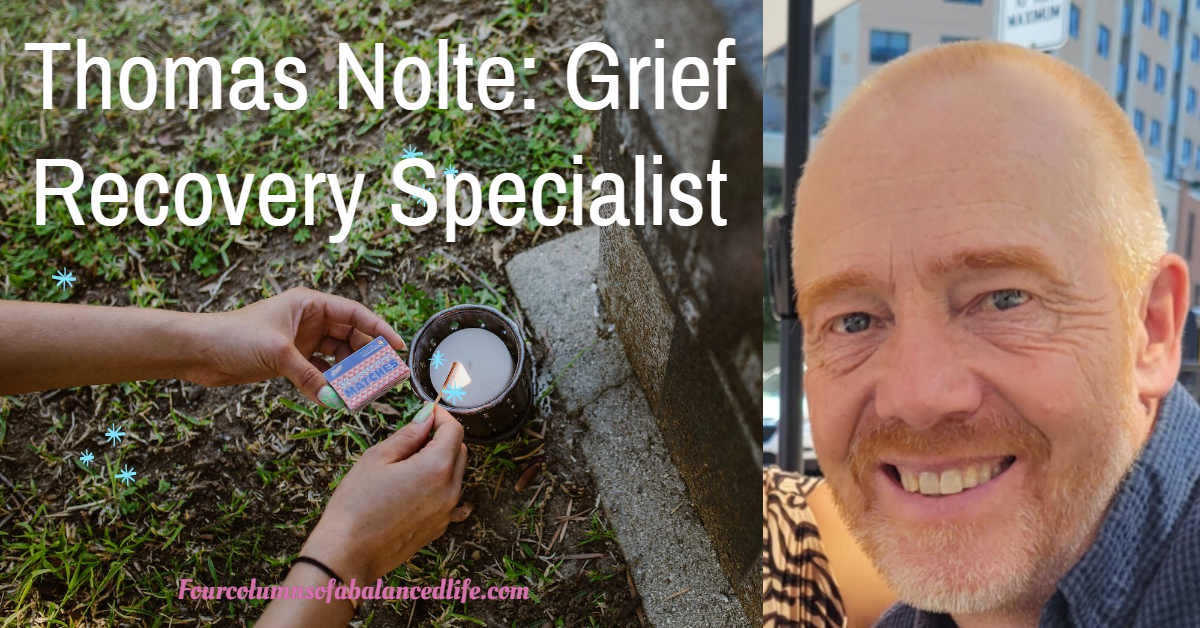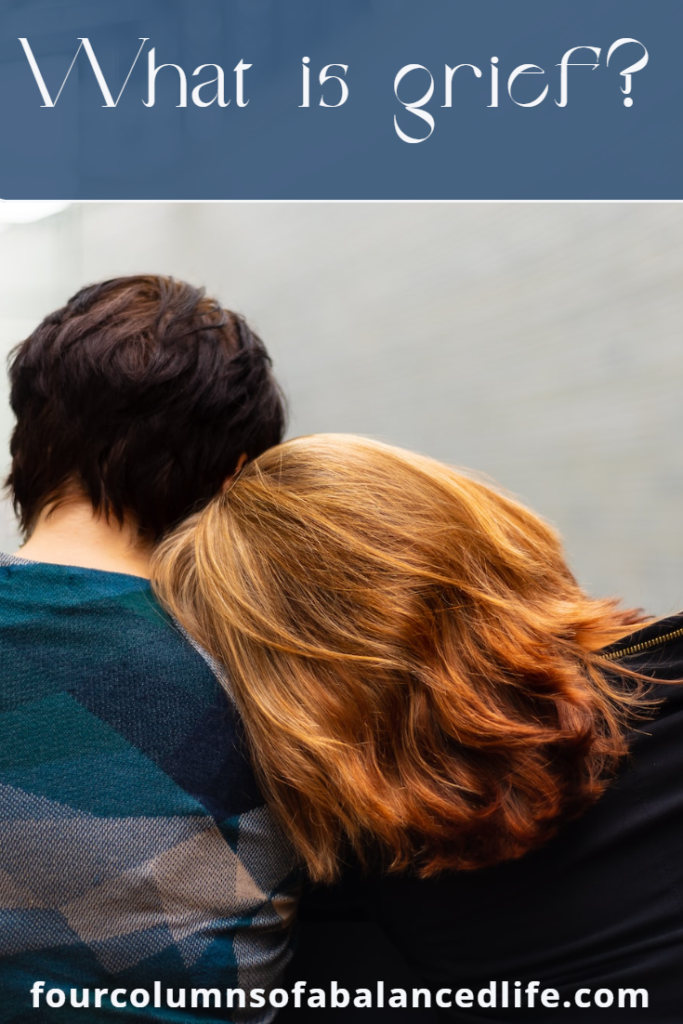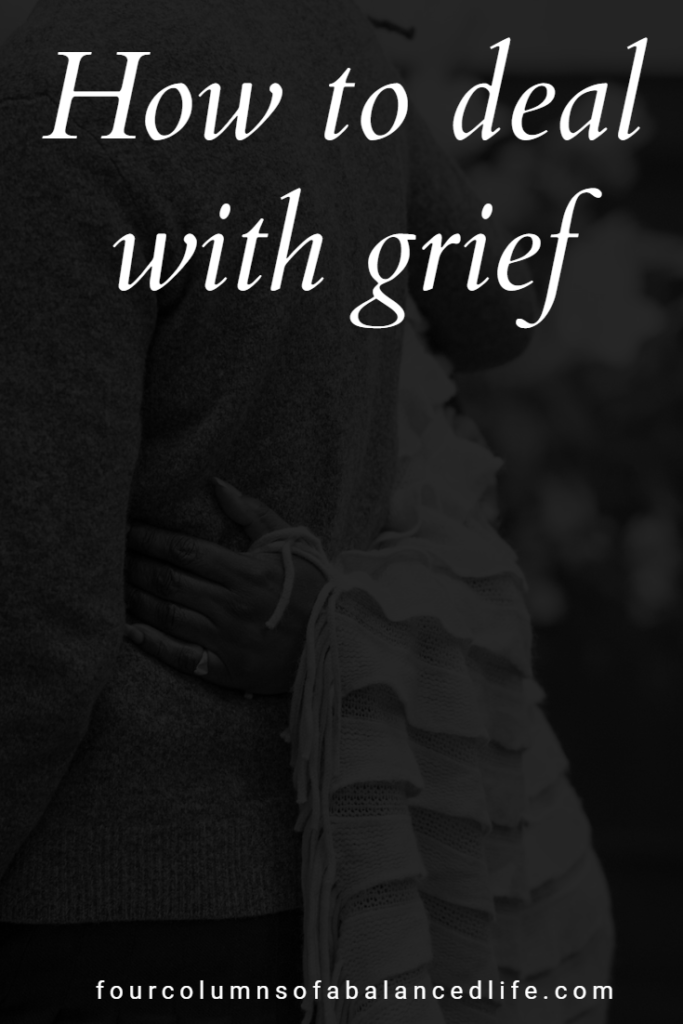The Instinctive and Logical Stages of Grief

The instinctive and logical stages of grief are a natural response to loss.
On a cold, frigid Monday in February 2018, I got a call from a close university friend asking me to have lunch with him. We decided to have lunch on Thursday. He died that same day. The most difficult day of my life was being at his funeral.
In 2016, my best and closest friend in the business world died of Cancer. In 2017, a high school friend died of a heart attack.
The instinctive and logical stages of grief took over me. I experienced a deep loss.
The definition of grief is the instinctive and normal physical, spiritual, social, intellectual, and emotional reaction to loss. I was crying, could not focus, felt tight in my throat, lacked an appetite, and became angry with my friend.
Freud was the trailblazer in researching the instinctive and logical stages of grief. I experience the five stages of loss as per Kubler-Ross. I was shocked, angry, bargained for the reason it happened, became sad, and took me a while to accept it. I had to learn from this experience.
John Bowlby posited the Attachment Theory, whereby humans develop relationships and bonds. Humans experience grief which is a natural, instinctive, and natural reaction to loss. It is critical to accept your natural response. You have to balance it or if you suppress it, it could result in anxiety, irritation, anger, resentment, bitterness, and unhealthy coping mechanisms.
I had to take the approach of William Worden. The best way to deal with grief is to accept it. I had to work through the pain. I had to accept the new reality and deal with the loss.
When you are in a dark hole, the easiest route is to numb the pain with drugs, food, work, and alcohol. It might work in the short term but is detrimental in the long run. If you do not deal with the instinctive and logical stages of grief, you will never come out of the dark hole.
Four Columns believes in being empowered and dealing with the instinctive and logical stages of grief. I strongly suggest that you give yourself time, it is a process, talk to friends and family, practice self-care, take part in activities that give you joy and pleasure, join a support group and finally get professional help.
Thomas Nolte is a Grief Recovery Specialist, driving all over North America, helping people deal with the instinctive and logical stages of grief. Thomas is real, and vulnerable and shares his own journey about grief.
Help me understand what grief is.
Thank you for asking, Jerry. Since, generally speaking, we mostly avoid the subject of grief and loss or consider it only in connection with losing a loved one, grief is often experienced, yet remains unrecognized. We experience grief and loss daily. Therefore, it is so helpful to know that that’s what is happening and how we can deal with grief. Let me share some definitions that make this clear. First off, grief is a normal and natural reaction to loss or change of any kind and is experienced in conflicting emotions that can be tough to deal with. The definition that works best for me is this one: every time I want something different, better, or more, I experience grief. This results in a sense of feeling “incomplete”, of having unfinished business, regrets, feeling depressed, bitter, or stressed. Once we know this and recognize grief in us and others, we no longer need to react with anger, fear or depression, nor want to fix something or someone, but will feel compassion and a sense of acceptance, and the event that causes grief does not need to disable us or define our choices or affect how we feel.

Walk me through your role as a grief recovery specialist.
As a grief recovery specialist, I teach about grief and loss and guide grievers to understand what it is, what myths surround grief, and how we act out trying to deal with it, and I educate others on how to live with grief in such a way that it does not burden us nor impact our relationships and our future negatively.
This is practically achieved by learning about and practicing a series of practical steps, identifying the losses in our lives, evaluating each relationship and learning to forgive where needed, accept responsibility for our own shortcomings and apologize where needed, and say “goodbye” to the pain in written form.
I also speak at events to help participants to identify grief and learn how to respond, how to listen and what not to do or say, and not to fear the subject but become a “heart with ears”, willing to listen and share the moment with someone who is grieving.
Grief is something we learn to live with, not something we overcome. Am I right here?
You are right, Jerry. Grief is always experienced in a relationship, and yes, we don’t get “over” grief, forget what happened or what someone did or didn’t do, condone the hurt someone caused, nor have to go through “stages of grief” as often assumed incorrectly. We need to learn to say “goodbye” to the pain, not the relationship. We all grieve at times and that’s okay, normal, and healthy. With proper understanding and practice, we learn to identify grief, explore the conflicting feelings we have and “complete” what was left incomplete due to the loss event. After we process our losses in this way, we can live with them in a way that they do not impact future choices, nor do we have to carry our pain into the future.
Talk to me about people who never deal with their grief. What are some of the repercussions?
Not dealing with grief is like carrying a heavy load of rocks (I like to call them “rocks of grief”) in an imaginary backpack that ways us down and gets heavier over time, limiting our ability to love God, love others, and ourselves. It can lead to outbursts of anger, living in fear of future losses and disappointments, and can make us bitter, rather than better. We end up building a wall around our hearts in fear of getting hurt again and can block out many blessings in life that God has in store for us. This will negatively impact all our relationships and our self-image.
Tell my audience about your own grieving process, and how you deal with grief.
I used to believe that I had to just deal with whatever loss or grief came my way, find a way through it, trust, pray and believe in a positive outcome. Or try to figure out what stage of grief I am in and how to get over it, often feeling at a loss and burdened even more with my failing efforts. I ended up often believing that I am just stressed and needed rest or a change, and as a result, I moved somewhere or started a new career, etc. Now I pause, listen and take the time to identify and validate what I feel. Accepting that what I feel is okay and important wasn’t always easy for me, nor encouraged by others, as emotions seem to get in the way of performing well or pleasing others. Now I allow the emotions I feel, recognize that what I feel is normal, that grief is normal and that rather than considering what is right or wrong, I now look for what I want different, better, or more. In this way my heart stays calm, I feel understood, and I have friends and family who will listen and accept me where I am, helping me sort out my emotions so that I can accept the conflicting emotions as normal until I work through them. The practical steps of dealing with grief and loss offered by the Grief Recovery Method work amazingly well, resulting in saying ‘goodbye” to the pain in a relationship, not the relationship itself.
You have had varied careers. Why become a grief recovery specialist?
God led me to this field after having to retire early due to severe medical issues. Having adopted 2 children and being offered training by a friend to help children grieve, I learned about the documented success of the “Grief Recovery Method” and experienced how well it works in our own family. I decided to become certified as a Specialist so I can share what I learned and experienced, and it has been very rewarding.
Thomas, does your own life experience help you to guide others through the grieving process?
Absolutely, Jerry. Though we can never really know what someone else feels or is going through, it helps to know grief firsthand and how to deal with it before helping others. At the age of 21 I started having difficulties walking, and at 28 had to give up my dream career of being a fighter pilot. Later my wife and I were unable to have children and went through years of pain and loss in her trying to get pregnant. We moved many times including from the US to Germany, Germany to Canada as well as many times in between, having to start over many times, even in new cultures. I lost both my parents recently, our beloved dog, and still experienced chronic pain and disabilities, despite being blessed to travel and share what I have learned.
Every human being experiences loss at some point in their life. I am a big believer in dealing with it but also learning, growing, and helping other people through that loss. Is this the correct approach?
Yes. I agree. Sharing with others what we learn, and experience can be very rewarding and also help us to grow in our understanding. I often suggest buying the “Grief Recovery Handbook” and start reading it. It is eye-opening and a great conversation starter and explains and guides through the practical steps to deal with grief and loss.
How do you take care of yourself after dealing with a tough situation?
I now allow myself to experience it, find someone safe to share what I am feeling, and process grief in a helpful way, having grace and compassion for myself. I can be the perpetual “fixer”. Knowing there is nothing to be “fixed” helps me relax and stay in the moment. I enjoy the outdoors, time to pray and read, time to exercise, and love deep conversations and heartfelt relationships where I can be open about my life, struggles, and fears and where I can listen to others share.

